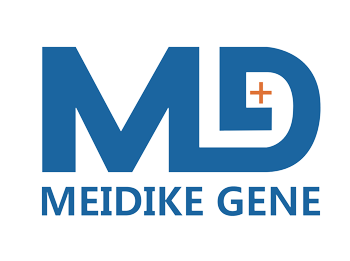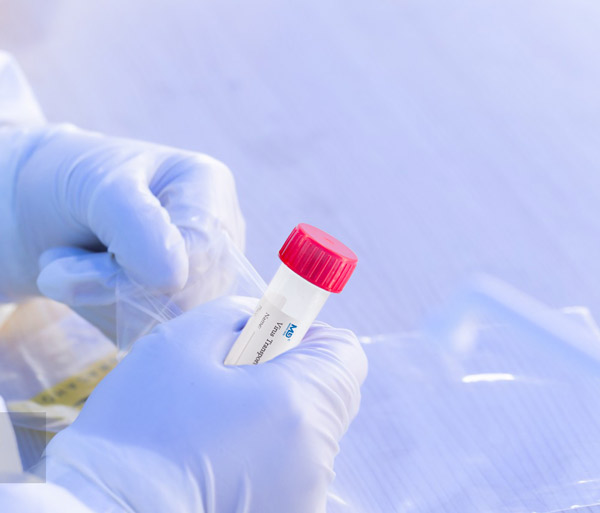In the field of virology and infectious disease research, the preservation of viral samples is of utmost importance. These samples serve as valuable resources for studying and understanding various viruses, developing diagnostic tests, and formulating effective treatments and vaccines. One critical component in preserving viral samples is the virus transport medium (VTM). This article explores the significance of VTM in maintaining the integrity and viability of viral specimens during transportation and storage.
Understanding Virus Transport Medium (VTM)
Virus transport medium (VTM) is a specialized liquid formulation designed to protect and preserve viral samples during their transit from the collection site to the laboratory. VTM serves as a buffer that maintains the virus’s stability, viability, and infectivity until it reaches the testing facility. It typically consists of a balanced salt solution, antibiotics to prevent bacterial contamination, and stabilizing agents such as proteins or glycerol.
Importance of VTM in Sample Integrity
The primary role of VTM is to ensure the preservation of viral samples in their original state, allowing for accurate and reliable laboratory analysis. When properly formulated, VTM provides a controlled environment that prevents the degradation of viral nucleic acids and proteins, which are crucial for subsequent molecular and serological testing. By maintaining the integrity of viral samples, VTM safeguards the accuracy of diagnostic results and research outcomes.
Viability and Infectivity Maintenance
Viruses are highly sensitive to environmental conditions, including temperature, pH, and exposure to oxygen. VTM is designed to create an environment that supports the viability and infectivity of viruses. By providing a stable pH and temperature, VTM minimizes the loss of viral infectivity during transportation. This aspect is particularly important when dealing with fastidious or delicate viruses that require optimal conditions to remain viable.
Prevention of Contamination
Contamination of viral samples during transportation can lead to erroneous test results and compromise the safety of laboratory personnel. VTM contains antibiotics, such as penicillin and streptomycin, which inhibit the growth of bacteria that may be present in the sample. This prevents bacterial overgrowth, maintaining the purity of the viral specimen and reducing the risk of false-positive results.
Extended Shelf Life
VTM plays a crucial role in extending the shelf life of viral samples. By providing a stable environment, it slows down the natural degradation processes, thereby allowing for longer storage times. This aspect is particularly advantageous when dealing with samples that need to be transported over long distances or in resource-limited settings where immediate testing may not be possible.
Facilitating Epidemiological Studies
In addition to diagnostic purposes, VTM also plays a vital role in epidemiological studies. It allows for the safe and efficient transportation of viral samples from various geographical locations to centralized laboratories for analysis. This enables researchers to track the spread of viral infections, study patterns of transmission, and identify emerging strains or variants.




